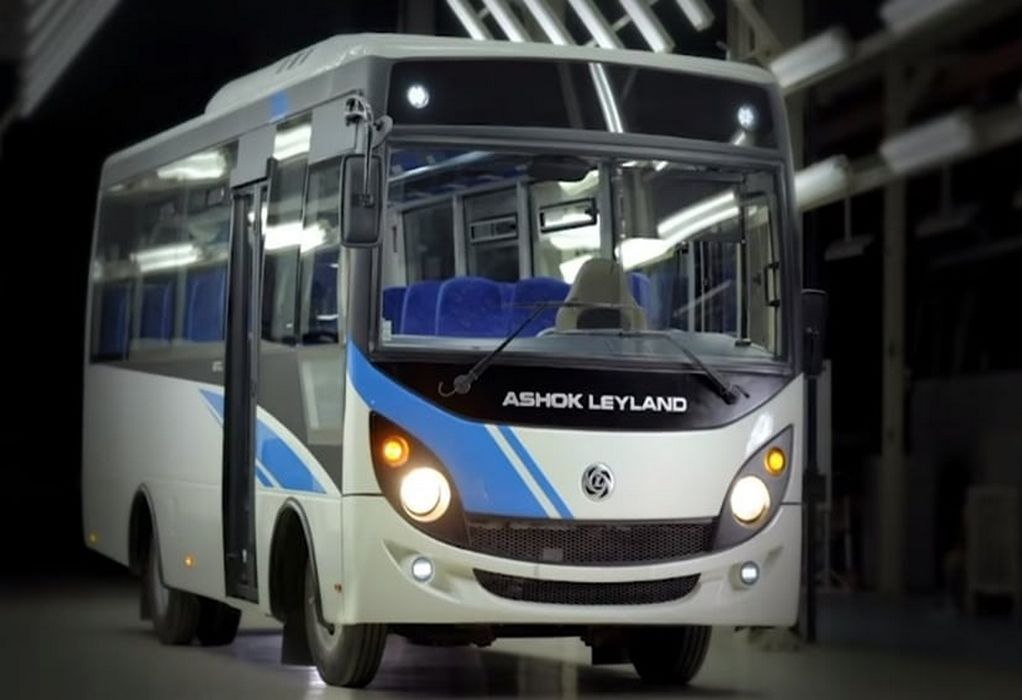Ashok Leyland Ltd expects hydrogen-powered truck and buses to emerge as a self-sufficient green solution with commercial viability beginning in the next five years, at a time commercial vehicle makers prepare to invest in electric vehicles and natural gas and flexible fuel platforms.
A potential move to reduce tax on hydrogen, particularly green hydrogen that could help eliminate import content, and its availability along certain long-haul corridors could create a positive business case for hydrogen-powered vehicles in both internal combustion (IC) engine and fuel cell variants in the next five years.
Hydrogen-powered long-haul trucks could make the total cost of ownership (TCO) lower than compressed natural gas (CNG) variants at the right level of adoption and cost.
Hydrogen as a fuel will be an attractive proposition in the long-distance truck segment and not in the lower range of vehicles, according to Ashok Leyland.
India aims to produce 5 million tonnes of green hydrogen by 2030. The National Hydrogen Mission unveiled by Prime Minister Narendra Modi last year aims to make India a hub for the production and export of green hydrogen. The policy is geared to help India meet its decarbonisation goals and reduce its energy import bill of $160 billion, according to a report by NITI Aayog.
Tags: Ashok Leyland, Fuel Cell, Hydrogen-powered, ICEs



Recent Posts
Greenlyte and MB Energy sign strategic e-methanol offtake agreement
CSDC and TECHNOLOG forge alliance to drive green, smart shipbuilding
DPA Kandla invites bids for India’s first port-based bio-methanol plant
Green & Digital Maritime Corridors Dialogue’ at JNPA sets stage for India Maritime Week 2025
Thermax partners with HydrogenPro for alkaline electrolyser systems in India
PIL Conducts First Simultaneous Cargo and LNG Bunkering in Singapore
NYK Takes Delivery of LNG-Fuelled Capesize Bulker SG Dawn
Swire Shipping joins Achilles Maritime Network to strengthen supply chain sustainability and compliance